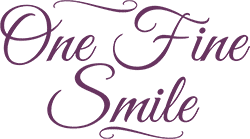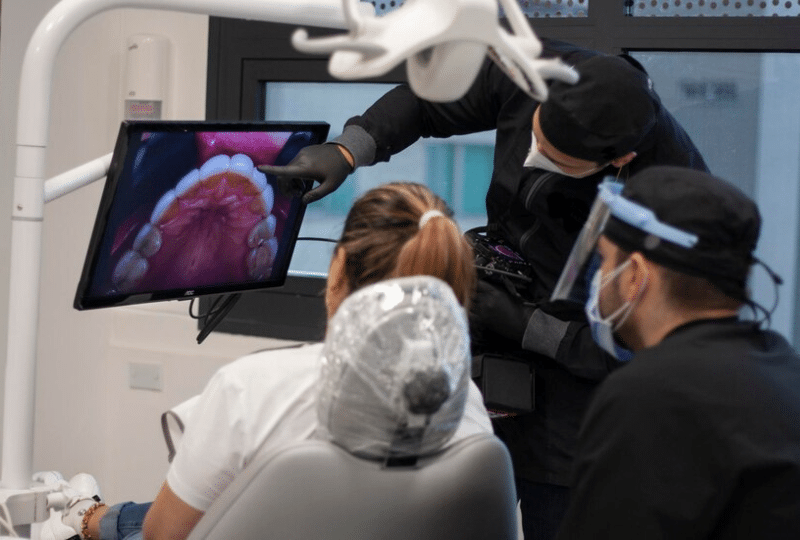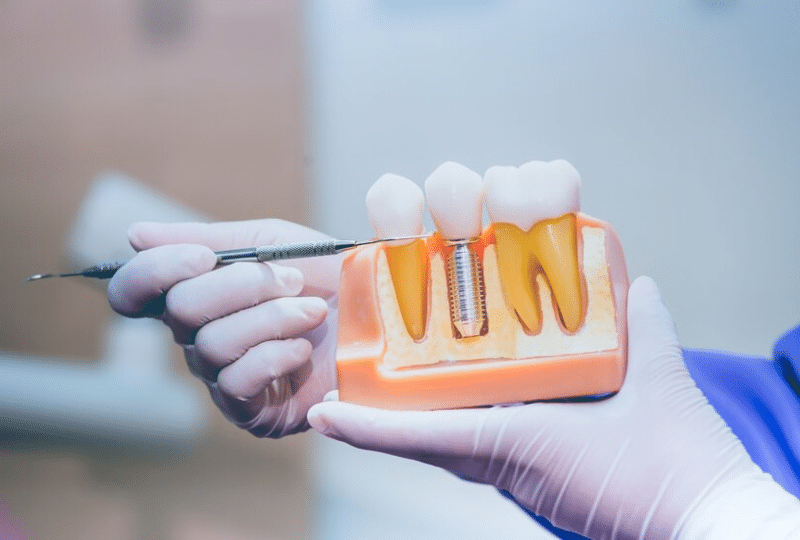Unlocking restful nights and optimal health begins with understanding the pivotal role of seeking professional aid in managing sleep apnea. Picture this: a world where the silent disruptor—sleep apnea—no longer casts its shadow over your nights. In this blog, we embark on a journey to unravel the importance of professional assistance in combating this sleep disorder. Join us as we navigate through the intricacies of sleep apnea, exploring why tapping into expert guidance is more than a choice—it’s a vital step toward reclaiming peaceful slumber and revitalizing your waking life. Welcome to a realm where sleep transforms from a struggle to a sanctuary.
Understanding Sleep Apnea:
Sleep apnea, a prevalent sleep disorder, disrupts breathing patterns during sleep, compromising rest and health. Its two primary types, obstructive and central, demand attention for their potential health risks. Obstructive sleep apnea occurs due to airway blockage, while central sleep apnea results from brain signaling issues. Seeking professional help is necessary for accurate diagnosis and tailored treatments. Through assessments, specialists offer personalized approaches like CPAP therapy or lifestyle changes. Understanding the nuances of sleep apnea, its types, and the significance of professional assistance paves the way for ideal management and enhanced quality of life.
Why Professional Assistance Matters:
Seeking professional help for sleep apnea in Oak Park is crucial for accurate diagnosis and tailored treatment plans. Expert healthcare providers, including sleep specialists and pulmonologists, conduct thorough evaluations and sleep studies to diagnose the severity of the condition. They analyze symptoms and medical history and recommend appropriate treatments, ensuring a personalized approach.
Customized Treatment Plans:
Professionals offer a range of effective treatments based on individual needs. Continuous Positive Airway Pressure (CPAP) therapy, oral appliances, positional therapy, and lifestyle modifications are among the strategies employed to manage sleep apnea. These interventions aim to improve airflow, reduce obstructions, and enhance sleep quality.
The Role of Professional Monitoring:
Regular follow-ups and monitoring by healthcare professionals are essential components of managing sleep apnea. Adjusting treatment plans, assessing progress, and addressing any emerging concerns are critical aspects that professionals handle adeptly. Their expertise ensures that treatment remains effective and aligns with any changes in the patient’s health status.
The Risks of Self-Treatment:
While numerous self-help remedies and over-the-counter devices claim to mitigate sleep apnea symptoms, relying solely on these without professional guidance can be risky. Inappropriate treatments or neglecting professional advice may exacerbate the condition, leading to complications and further health issues.
Empowering Patients through Education:
Beyond treatments, Sleep Apnea Dentist In Oak Park empowers patients with knowledge about sleep apnea’s implications on overall health. They educate on lifestyle modifications, such as weight management, quitting smoking, and sleeping position adjustments, all of which play pivotal roles in managing the condition effectively.
In the journey towards conquering sleep apnea, seeking professional guidance stands as the cornerstone for transformative change. From tailored treatment plans to consistent monitoring, professional expertise offers a pathway to reclaiming restful nights and overall well-being. Remember, the impact of sleep apnea extends beyond just disrupted sleep; it intertwines with your overall health. Embrace the support and insights from healthcare professionals, empowering yourself with knowledge and strategies for better sleep. Let professional assistance become your beacon toward a life where sleep is revitalising and nights are restorative. Take that pivotal step toward a healthier, more rejuvenated you.




